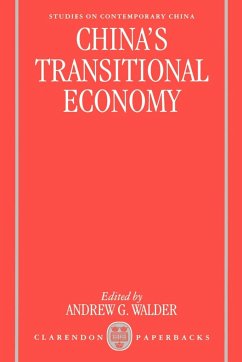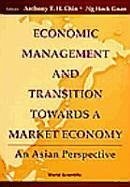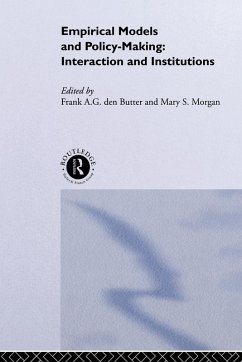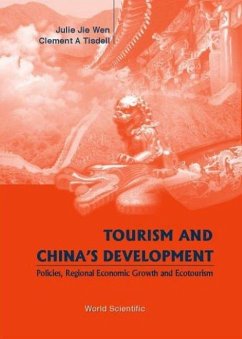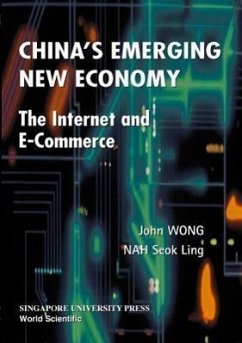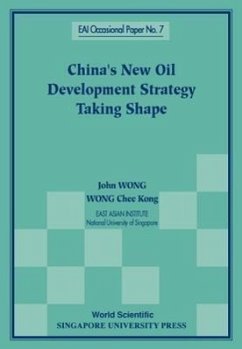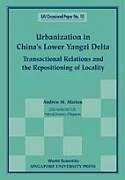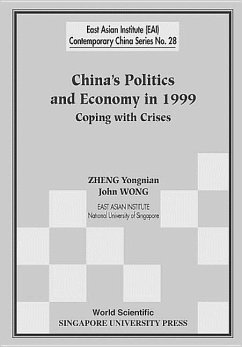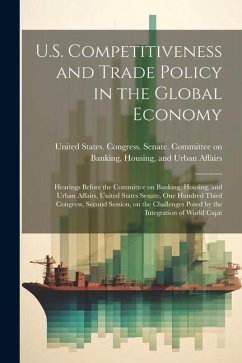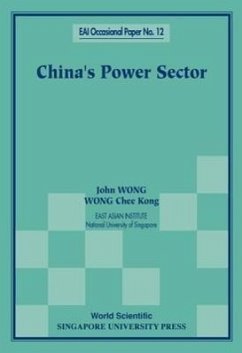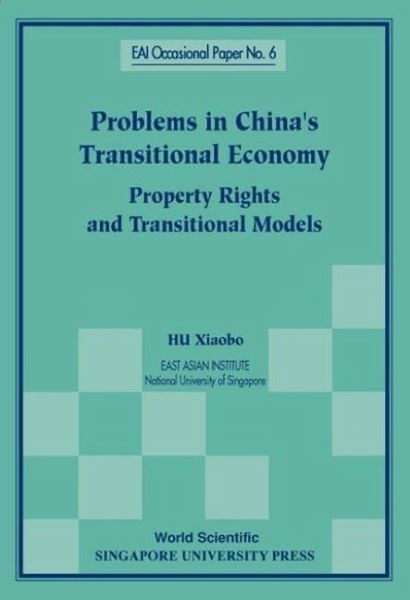
Problems in China's Transitional Economy: Property Rights and Transitional Models
Versandkostenfrei!
Versandfertig in über 4 Wochen
20,99 €
inkl. MwSt.

PAYBACK Punkte
10 °P sammeln!
1997 saw a major reform in China which signaled the move away from its traditional economy, when Jiang Zemin called off the debate on public versus private ownership. However, none of the existing theories can fully explain the transformation of the property rights system during the post-Mao reforms. The first part of this volume will reconceptualize the property rights reform in post-Mao China to provide a political economy explanation of why the transformation of property rights in China appears piece-meal.The success of the post-Mao reforms can be attributed to China's ability to integrate ...
1997 saw a major reform in China which signaled the move away from its traditional economy, when Jiang Zemin called off the debate on public versus private ownership. However, none of the existing theories can fully explain the transformation of the property rights system during the post-Mao reforms. The first part of this volume will reconceptualize the property rights reform in post-Mao China to provide a political economy explanation of why the transformation of property rights in China appears piece-meal.The success of the post-Mao reforms can be attributed to China's ability to integrate the experience of a variety of transition models. The second part of the paper investigates two distinct transition models, in light of the lessons from current Vietnamese reform. It explores the dynamics of political actions and analyzes the political reasons for economic reform.



